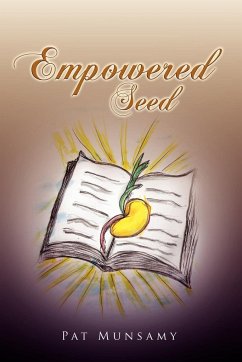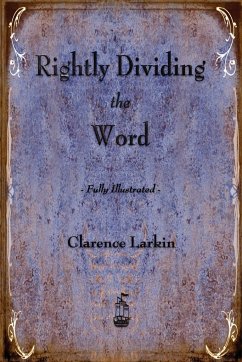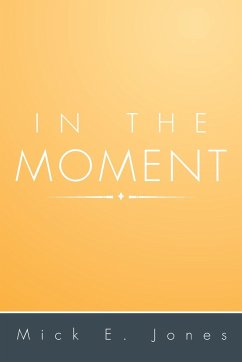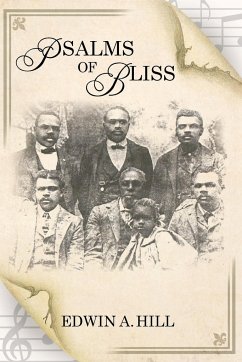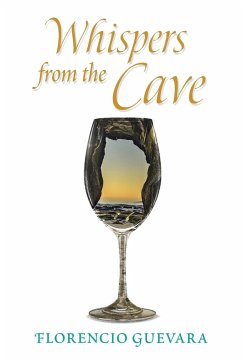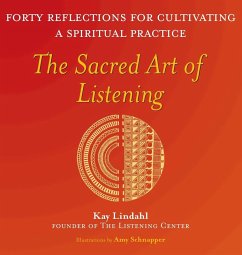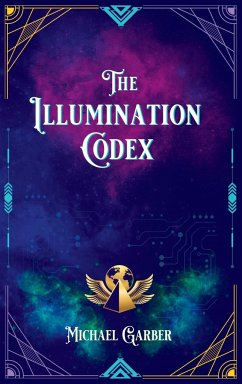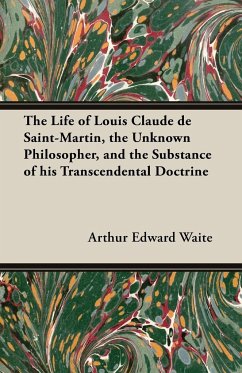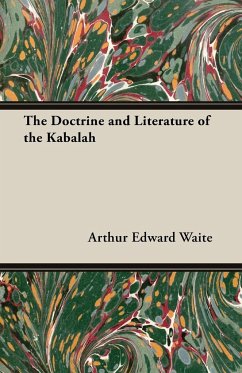
The Doctrine and Literature of the Kabalah

PAYBACK Punkte
15 °P sammeln!
This early work by Arthur Edward Waite was originally published in 1886 and we are now republishing it with a brand new introductory biography. 'The Doctrine and Literature of the Kabalah' is one of Waite's works on religious history. Arthur Edward Waite was born on the 2nd of October, 1857 in America. After the death of his father, Waite and his mother returned to her native England, where he was raised in North London, attending St. Charles' College from the age of thirteen. Waite left school to become a clerk, but also wrote verse in his spare time. The death of his sister, Frederika Waite,...
This early work by Arthur Edward Waite was originally published in 1886 and we are now republishing it with a brand new introductory biography. 'The Doctrine and Literature of the Kabalah' is one of Waite's works on religious history. Arthur Edward Waite was born on the 2nd of October, 1857 in America. After the death of his father, Waite and his mother returned to her native England, where he was raised in North London, attending St. Charles' College from the age of thirteen. Waite left school to become a clerk, but also wrote verse in his spare time. The death of his sister, Frederika Waite, in 1874 soon attracted him into psychical research. Waite became a prolific author with many of his works being well received in academic circles. He wrote occult texts on subjects including divination, esotericism, Rosicrucianism, Freemasonry and ceremonial magic, Kabbalism, and alchemy.



